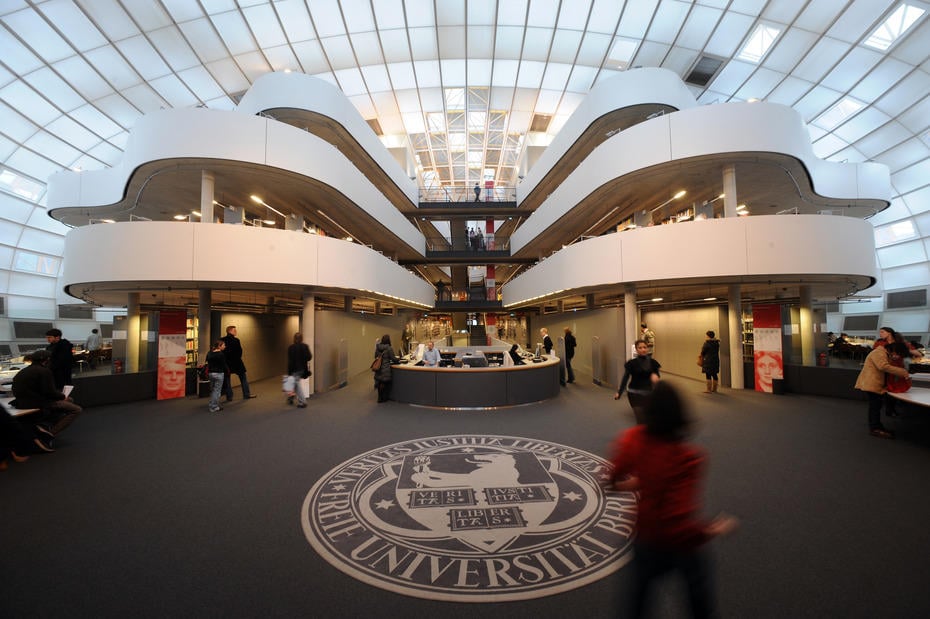
After private backers pulled their funding for the initiative, the German government has confirmed that it will financially support the research center for Nazi-era “degenerate art” at Berlin’s Freie Universität.
According to Deutschlandfunk, Berlin will pick up the tab for the program at the start of 2018.
Since 2003, researchers at the university in the German capital have investigated the history, context, and effects of the cultural policy of the Nazis. Under national socialism, thousands of works of “degenerate” art were seized from German museums and private collections by the regime.
Artists, collectors, and institutions linked with Communism, Judaism, homosexuality, or other characteristics contradicting the regime’s warped perception of what German society should look like, were under threat.
German Culture Minister Monika Grütters. Photo by Adam Berry/Getty Images.
According to the Art Newspaper, in 1937 alone 20,000 “degenerate” artworks were systematically expropriated under a program developed by Nazi propaganda minister Joseph Goebbels. The works were subsequently sold through a selection of hand-picked dealers including Hildebrand Gurlitt, who bequeathed his collection to his son Cornelius, the notorious hoarder who kept thousands of works in his Munich apartment, where they were discovered in 2013.
Germany’s culture minister Monika Grütters emphasized that the case exemplified the importance of continuing to support the research center. “The Gurlitt case showed us how important research into this bitter chapter of Nazi policy remains,” she said.
The announcement comes after the German state recently reformed the heavily criticized Limbach Commission—which adjudicates restitution cases of Nazi-looted artworks—by appointing two Jewish members for the first time.